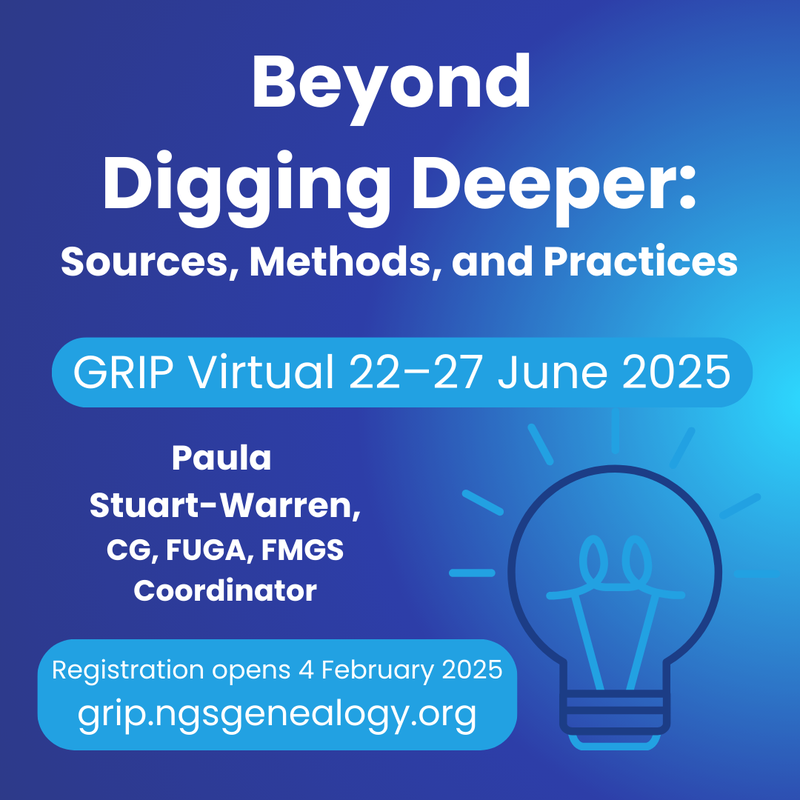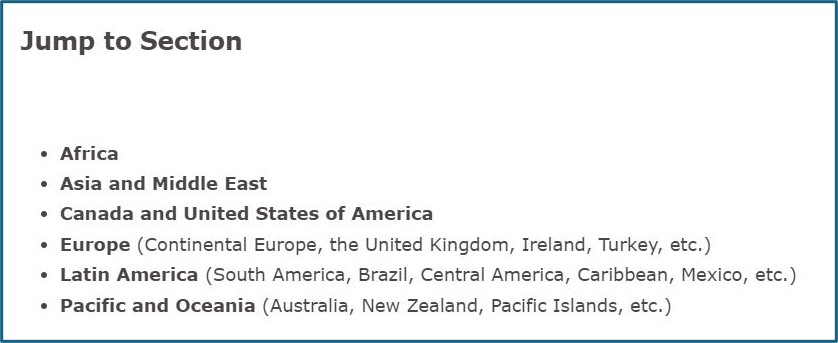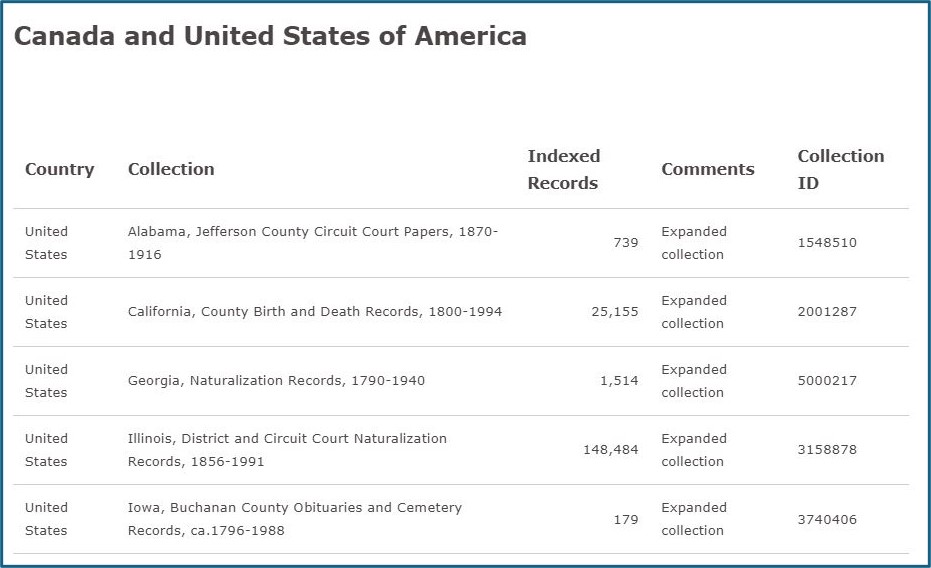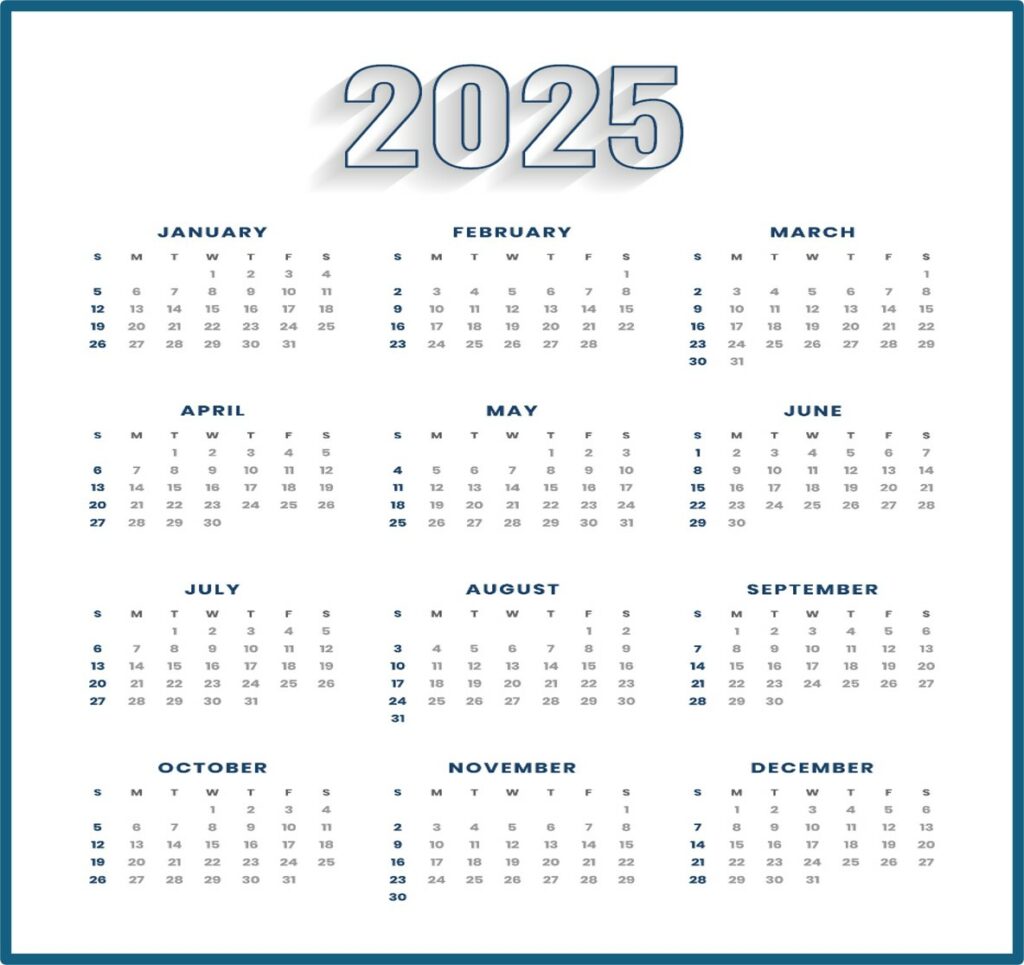A recent news item from the Georgia Archives led me to see what other state level and historical societies list for their hours for the type of research genealogists need to do. They hold voluminous books, newspapers, manuscripts, and local and state records that are not online. I began with my home state of Minnesota and the four states that surround it. Most recommend making an appointment to do research and have their own days when closed for holidays and other special days. All hours copied from the repository websites on 14 December 2024. A couple of these have very limited hours.
Georgia Archives.
“The Georgia Archives is pleased to announce new hours of operation starting Tuesday, January 7, 2025. The Archives will be open from 9:00 a.m. to 4:00 p.m., Tuesday through Saturday . . . These new hours ensure greater accessibility for researchers, genealogists, and the public, allowing more opportunities to explore Georgia’s historical records and resources.”
Arkansas State Archives.
Monday – Friday: 9 a.m. to Noon, 1-4 p.m.; First and third Saturday of the month
Colorado State Archives.
In-person research visits on Mondays and Wednesdays by appointment only.
Hawaii State Archives.
Monday – Friday, 9:00 a.m. to 4:00 p.m.
State Historical Society of Iowa in Des Moines (and State Archives).
Wednesday – Friday, 9:00 a.m. to 4:30 p.m.; Saturday, 9:00 a.m. to 3:00 p.m.
Kentucky Department for Libraries and Archives.
Monday – Thursday from 9 AM EDT – 3:30 PM EDT
Massachusetts Archives.
Monday-Friday: 8:30 a.m. – 4:30 p.m.
Minnesota Historical Society (and State Archives).
Thursday-Friday: 10am to 4pm; Saturday: 10am to 4pm
New York State Archives.
Monday – Friday, 9:30 a.m. – 4:00 p.m.
State Historical Society of North Dakota (and State Archives).
8 a.m. – 4:30 p.m. M-F; 2nd Sat. of each month, 10 a.m. – 4:30 p.m.
South Carolina Historical Society.
Monday – Friday 9:00 AM – 12:00 PM, 1:00 PM – 4:00 PM
South Dakota State Historical Society (and State Archives).
Currently closed for major renovation. Planned reopening during 2025.
Tennessee State Library and Archives.
Tuesday through Saturday 8 a.m. to 4:30 p.m. CT.
Wisconsin Historical Society (State Archives in same building).
Library Reading Room: M – TH: 8 AM -7 PM | F: 8 AM – 5 PM | Sat: 9 AM – 4 PM
Archives Reading Room: M – F: 8 AM – 5 PM | Sat: 9 AM – 4 PM




